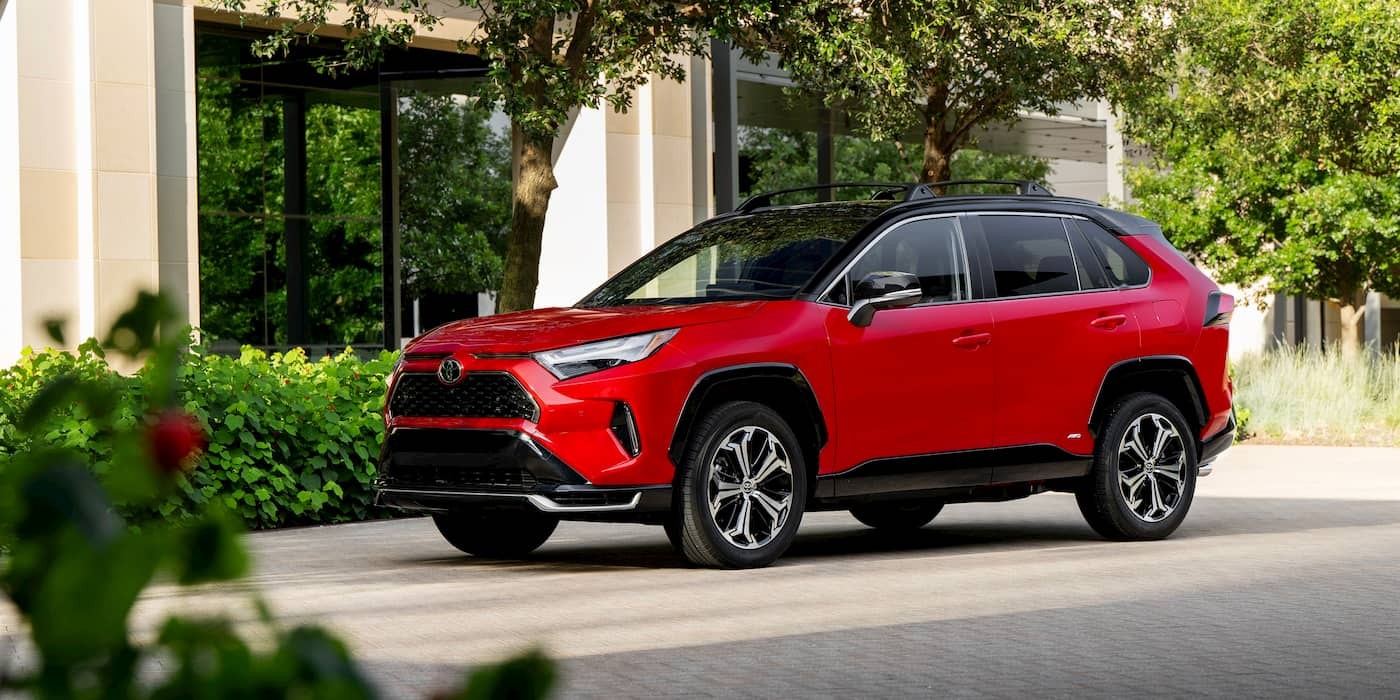Toyota Motor Corporation has initiated a significant safety recall affecting approximately 591,000 vehicles across the United States. This development comes alongside a separate recall that has prompted an immediate stop-sale order for several electric vehicle models under the Toyota, Lexus, and Subaru brands, marking a challenging period for the automotive giant.
Key Highlights
- Recall Scope: Approximately 591,000 vehicles in the U.S., including popular models like the RAV4, Camry, Corolla, Grand Highlander, and select Lexus vehicles.
- Secondary Recall: A separate issue has led to a stop-sale order for specific Toyota, Lexus, and Subaru electric vehicles.
- Immediate Impact: Dealers are instructed to halt sales and deliveries of affected EVs until further notice, while owners of recalled ICE vehicles are advised to await official communication for repairs.
- Regulatory Coordination: Toyota is working closely with the National Highway Traffic Safety Administration (NHTSA) to address the safety concerns promptly.
Understanding the Recalls: Scope and Implications
The dual recalls underscore two distinct but serious challenges for Toyota. The first recall, announced on Friday, impacts a broad range of internal combustion engine (ICE) vehicles, including some of Toyota's best-selling models. The second, more alarming for the industry, involves electric vehicles and has resulted in an immediate suspension of sales, raising questions about quality control in the rapidly evolving EV sector.
Affected Models and Specific Issues
While Toyota has not yet released detailed technical information about the defects prompting these actions, the recall for ICE vehicles is believed to involve potential issues with components that could compromise safety, such as airbag sensors, braking systems, or fuel pumps—common culprits in past recalls. For the electric vehicles, the stop-sale suggests a critical problem, possibly related to battery management systems, software glitches, or charging components, which could pose fire risks or operational failures.
The inclusion of Subaru models in the EV recall highlights the collaborative nature of modern automotive manufacturing, as Subaru's Solterra is built on a platform shared with Toyota's bZ4X.
Comparative Overview of Recalled Models
| Brand | Affected Models | Vehicle Type | Estimated Units (U.S.) |
|---|---|---|---|
| Toyota | RAV4, Camry, Corolla, Grand Highlander | ICE | ~500,000 |
| Lexus | Select models (unspecified) | ICE & EV | ~91,000 |
| Subaru | Solterra | EV | Part of EV stop-sale |
Response and Next Steps for Consumers
Toyota has assured customers that it is acting swiftly to resolve both issues. Owners of the affected ICE vehicles will be notified by mail and instructed to bring their cars to authorized dealers for inspection and gratis repairs once parts and solutions are available. For the EV stop-sale, Toyota, Lexus, and Subaru dealers are prohibited from selling or delivering the impacted models until a fix is implemented and verified.
Customers concerned about whether their vehicle is included can check their Vehicle Identification Number (VIN) on the Toyota or NHTSA recall websites. In the meantime, Toyota emphasizes that safety is its top priority and apologizes for any inconvenience caused to its loyal customer base.
Industry Context and Broader Impact
This recall is particularly significant given Toyota's reputation for reliability and its cautious approach to electric vehicle adoption. The stop-sale of EVs is a setback for the company's electrification strategy, which includes plans to launch 30 battery-electric models by 2030. It also serves as a reminder of the complexities inherent in transitioning to new technologies, where software and high-voltage systems introduce novel risks that require rigorous testing and validation.
Moreover, the recall could have financial repercussions, from repair costs to potential reputational damage, especially as competitors like Tesla, Ford, and Hyundai accelerate their EV offerings. However, Toyota's proactive approach in coordinating with regulators and communicating transparently may help mitigate long-term impacts.
In conclusion, Toyota's expansive recall and EV sales halt represent a critical moment for the automaker, testing its responsiveness and commitment to safety. While the immediate focus is on rectifying the defects and ensuring customer safety, the incident may influence future design, manufacturing, and quality assurance processes across the industry. For now, affected owners are advised to stay informed through official channels and heed all safety recommendations until their vehicles are fully serviced.


